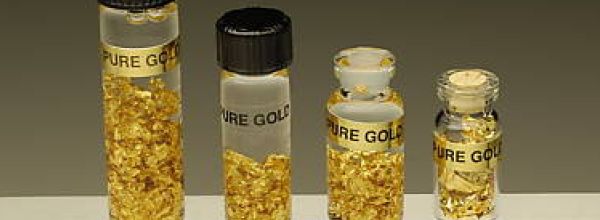When running a quantitative Western blot, it’s crucial that your sample preparation is consistent. Incomplete protein extraction from one sample will skew your results when you compare it to the protein content of a sample that was extracted more thoroughly. And after the protein extraction, it’s important to handle the samples in an identical manner to keep protein degradation from affecting them unequally. Here are some tips on how to handle and preserve your protein samples for Western blotting:
Work quickly
Working quickly can minimize potential damage to your samples by simply allowing less time for them to become degraded. If you are collecting samples that will not be processed immediately, flash-freeze them in liquid nitrogen as soon as possible — but make sure you are aware of liquid nitrogen dangers and ensure you handle it safetly in the lab.
Alternatively, process the samples immediately, and use or freeze the samples as soon as possible. It’s important to store processed samples at -80°C, since some protein degradation can still occur at -20°C.
Keep everything cool
Heat is the enemy of proteins in solution, since proteases are active at warmer temperatures. For this reason, keeping materials and samples cool will go a long way to preventing degradation. If you are grinding your samples with a mortar and pestle to extract proteins, pre-chill the mortar and pestle with liquid nitrogen to make sure they’ll stay cold. Always keep your tubes on ice, and consider working in the cold room to keep all your racks and other tools cool. Gels can be run in the cold room, too, and if you have particularly sensitive samples, you can pre-chill the running buffer in the running apparatus overnight.
Use protease inhibitors
Even being as cautious as possible, proteases may still affect your samples. As an added precaution, it is common to add protease inhibitors to your samples. Protease inhibitors like PefaBloc (aka AESBF) are sold individually, so you can target a class of proteases. A simpler approach is to use protease inhibitor cocktail tablets, which are available from many companies (like these from Sigma Aldrich), and inhibit a wide range of proteases.
Source: A great video by Agrisera that’s packed with tips for superior Western blotting.







